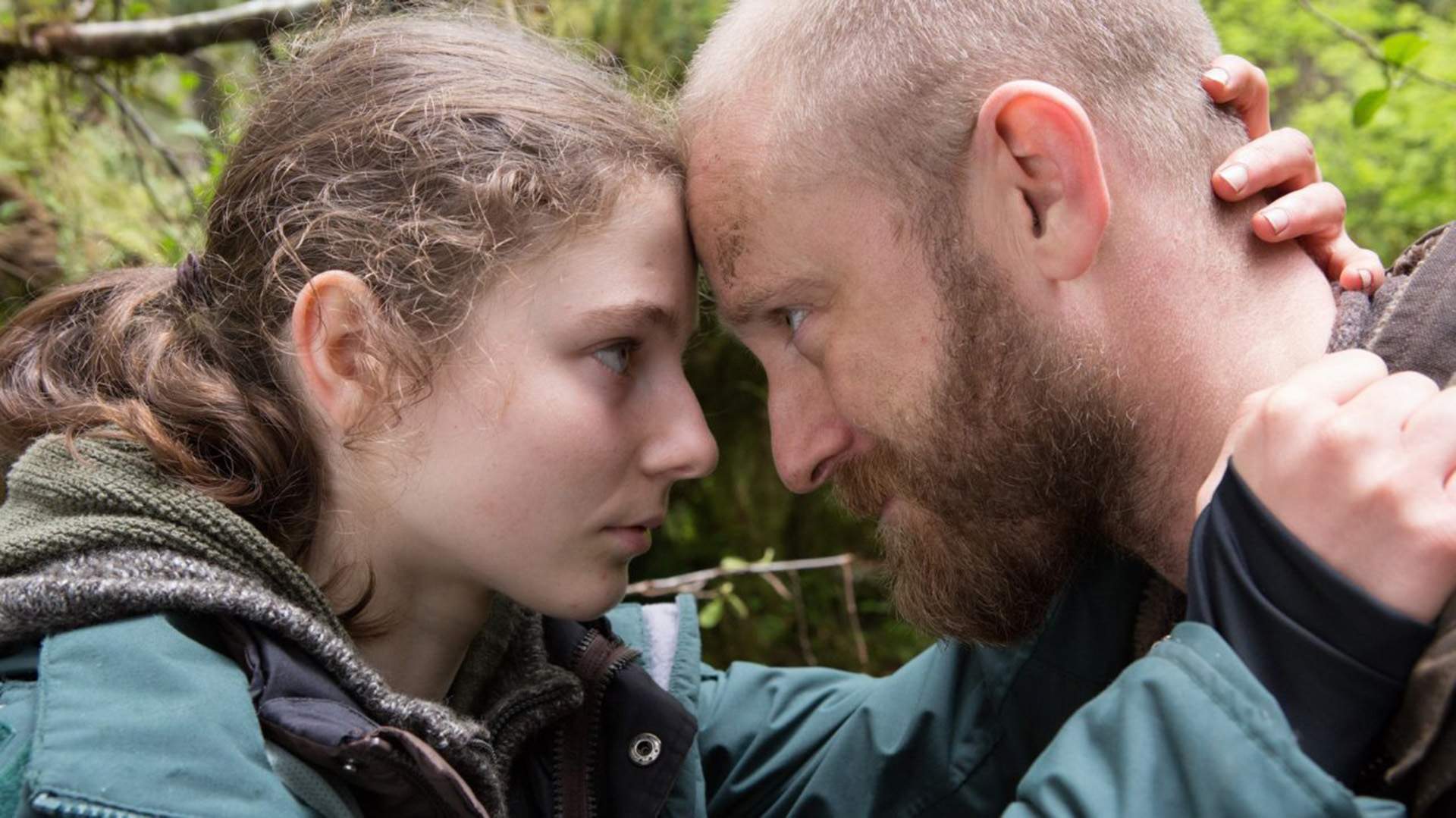Leave No Trace
This delicate drama from the director of Winter's Bone is one of the best films of the year.
Overview
With Winter's Bone, Debra Granik directed one of the undoubted film highlights of 2010. More than that, she directed the haunting drama to four Oscar nominations, earned herself a nod for Best Adapted Screenplay, and helped put Jennifer Lawrence on the path to superstardom. And yet, it still took eight years for the masterly filmmaker to helm her next fictional feature — eight years where her empathetic perspective could've been brightening up cinemas. Blame the difficulties faced by female directors, projects falling by the wayside or the vagaries of fate; whichever you choose, the big screen has sorely missed her work.
It's not just that Granik makes movies about American life on the margins, as her 2014 documentary Stray Dog also illustrates. What sets her films apart is her probing yet compassionate approach, not only spinning stories about struggling folks striving to get by, but ensuring that her pictures feel humane and authentic above all else. They're traits that are much more rare in today's blockbuster-heavy cinema realm than they really should be, and they help Granik's gentle, thoughtful work soar. While that was evident in Winter's Bone, it's even more apparent in Leave No Trace, an equally tender and devastating father-and-daughter effort that's handled with supreme sensitivity, shot with unwavering kindness and, as a result, proves one of the best movies of this year.
Adapted by Granik and her Winter's Bone co-scribe Anne Rosellini from Peter Rock's novel My Abandonment, Leave No Trace takes its title from what might as well be military veteran Will (Ben Foster) and teenager Tom's (Thomasin Harcourt McKenzie) unspoken motto. Living well off the grid in an Oregon forest, their entire existence relies upon not being spotted. And, as long as they're able to enjoy their lives in the manner that they prefer, they're happy hiding out and keeping things simple. The local authorities soon have other plans, busting up their modest camp, arresting Will and forcing the pair to re-integrate into society. To her own surprise, Tom warms to more traditional confines, but her PTSD-afflicted dad can only stomach mod cons and social worker check-ups for so long.
Where Winter's Bone coiled a coming-of-age tale around a bleak mystery, Leave No Trace steeps its story in lighter but no less meaningful waters. Both feature young women learning to survive in fraught circumstances; however, even given the films' thematic similarities, Granik's latest is its own textured, complicated and delicate creation. At the movie's core sits a familiar battle that's fleshed out in an intimate and heartbreaking fashion — the choice between following in the footsteps of someone you adore, or following your own wisdom even if it'll completely change your life forever. This is a film about breaking free and forging a new path on many levels (from trauma, from the prevailing concept of normality, from the structures enforced by a broken country and from the parent-child bond), and they're all expertly and intelligently intertwined.
As also seems to be Granik's remit across her small oeuvre to date, Leave No Trace overflows with everyday detail. Thanks to the director's patient gaze, no moment of Will and Tom's lives is too small or insignificant. That's never more evident than when the movie hones its focus on revelatory New Zealander McKenzie, who demonstrates not only Granik's keen eye for observation, but for talent. Acting against the similarly exceptional Foster (who's in career-best form), the young star's seemingly effortless naturalism radiates from the screen, with a cocktail of potent emotions always emanating from her pores. Indeed, while Leave No Trace is visually sumptuous with its lush wilderness-set visuals, it's downright sublime when it's simply watching its two leads quietly encapsulate the effects of America's increasingly fractured society.





